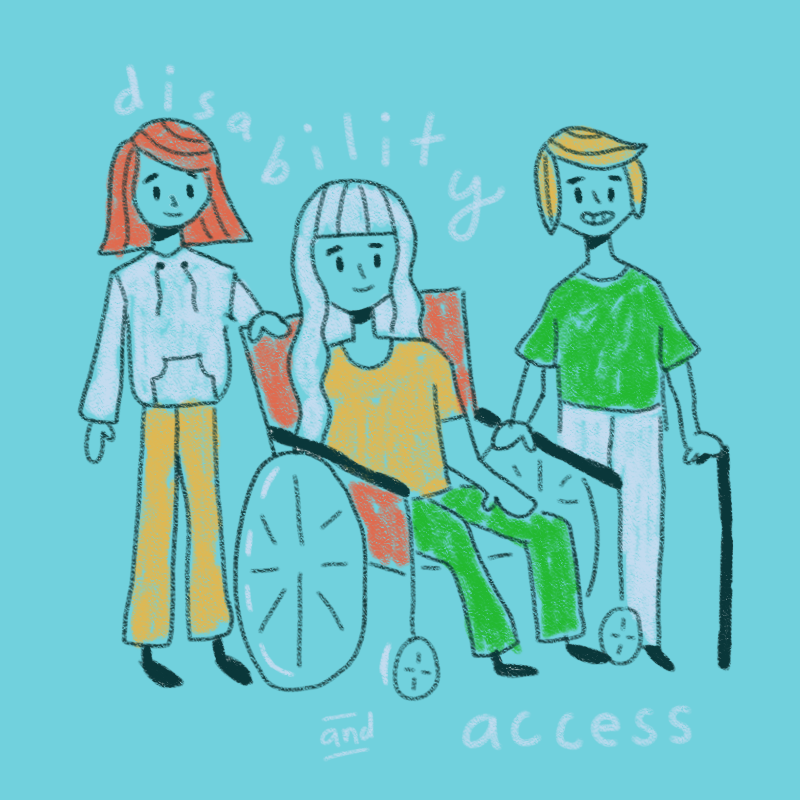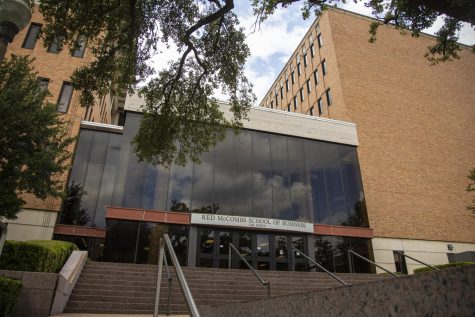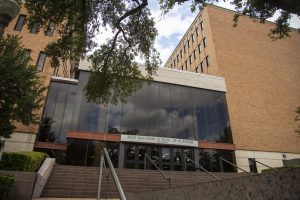Services for Students with Disabilities renamed Disability & Access to increase student representation
August 26, 2022
Starting this semester, Services for Students with Disabilities is changing its name to Disability & Access to better reflect the scope of its work and represent those who do not identify with the word disability, according to an April 21 press release.
The new name is meant to better encapsulate how the department aims to celebrate disability as a part of campus diversity and support accessibility efforts on campus, according to the press release. The department worked with the SSD Student and Faculty Advisory Committees and the Disability Advocacy Student Coalition to develop the new name, and it spent the summer transitioning its communications.
“There was widespread agreement that the word ‘Disability’ needed to remain in the name, claiming the existence and identity of disability on campus,” the department said in the press release. “There was recognition that not all students identify with the word disability, however, most of our constituents felt strongly that rather than remove the word disability because of ongoing stigma, we should proudly claim it and continue work to normalize and celebrate disability as part of our campus diversity and student population.”
By adding the word “Access,” the department hopes the new name will invite students who may not identify as disabled to seek their services, according to the press release. According to its website, some of Disability & Access’ services include classroom and testing accommodations, priority registration and resources or referrals.
Noor Iqbal, a rhetoric and writing junior, is a member of the Neurodiversity Leadership Council, a student organization that aims to uplift neurodivergent students on campus. Iqbal said they are happy about Disability & Access’ name change because the word “Access” acknowledges more people’s needs, and that the accommodations they require may change over time.
“Access and accommodations (are) not just for disabled people,” Iqbal said. “It’s not that you’re disabled or you’re abled, that’s not a binary. It is certainly a spectrum … our access is constantly changing depending on your situation.”
Kalama Tshiteya, applied movement science sophomore, said the name change prompted her to research Disability & Access to discover the services it offers.
“I feel like there’s a lot of students who don’t necessarily believe they are disabled, but do require some resources that fall under the umbrella of formerly SSD,” Tshiteya said. “I think that it’s great that they changed their name so that other students might be like, ‘Oh, I do need this because I need that access as well.’”
Iqbal said they hope including the word “Access” creates change in the way Disability & Access reaches students so they are more aware of the department and its services.
“You only hear about it on the syllabi, and the only people who have experience with them are the people (who) contact them for accommodations,” Iqbal said. “But if this is meant to be something that is for all students, regardless of if they’re disabled or not, to have better access to their education that they’re paying for here, I think that they need to be made very much aware of it.”










